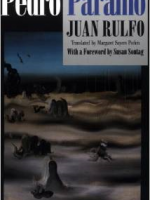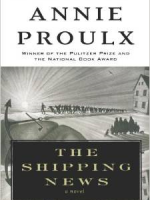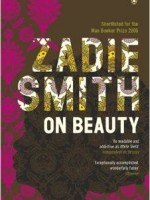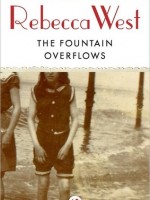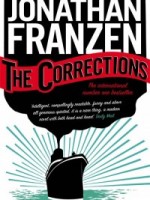(Published by Jonathan Cape)
 |
Together, these twelve short stories by Irish author Eugene McCabe form a book full of people who – for a variety of reasons – feel they’d be better off dead than living the lives they lead. Right from the start McCabe turfs the reader into a world of religious obsession and sexual perversion. He begins with a tale of incest told firstly through the eyes of its nine-year-old victim and then through those of her fanatical mother. It’s a heart-breaking study of innocence lost and it sets the scene for the recurring themes of blame, guilt and denial that run throughout the book.
In ‘Music at Annahullion’ an elderly brother says to his sister “religion makes people mad” and she responds “religion makes them madder”. From tales that are set in Famine times to those with Northern Ireland’s 1970s “troubles” as their backdrop, there’s not much sympathy for religion to be found here. Its influence is ever present, informing the circumstances of McCabe’s characters, even if it is not particular to the events of the story.
McCabe describes himself as “a farmer who writes and a writer who farms”. Glasgow-born to Irish parents, he has worked the family farm near Clones in Monaghan for more than forty years – a geographical and political environment that has clearly shaped his work.
The trilogy of stories, ‘Cancer’, ‘Heritage’ and ‘Victims’ (which were originally written as television plays and produced by RTE in the 1970s) point to the utter hopelessness of the perpetual “them or us” attitude backed up by “eye for an eye” logic. McCabe’s desire to show the conflict from both sides is core however; in ‘Victims’ it is never fully clear whether the title refers to the IRA operatives, their Protestant hostages, or both.
Here, and with the final four stories in the book – ‘The Orphan’, ‘The Master’, ‘The Landlord’ and ‘The Mother’, also based on a TV play series for RTE (Tales From the Poor House) – McCabe’s use of a particular locale with linked characters recalls William Trevor’s short story technique, but McCabe’s is a much blacker world.
This masterful storyteller begins with a quote from Albert Camus: “If there is a sin against life, it is not perhaps so much to despair of life, as to hope for another life and to lose sight of the implacable grandeur of this one”; and although there are glimmers of hope in his wonderful prose, the stories highlight a human tendency towards badness. It seems there is always something rotten at the core.
From the double entendre of the title (does it mean heaven surrounds us or that heaven tells lies about us?) McCabe sets the reader up for unease and discomfort and he remains true to that initial promise throughout. Whether it’s helicopters hovering like hawks over dark border county lanes, the poorhouse looming like a constant threat to starving tenants during the Famine, or simply humans failing in their attempts to communicate properly, this is compelling stuff and superbly written – but not one for those in search of happy endings. ![]()
